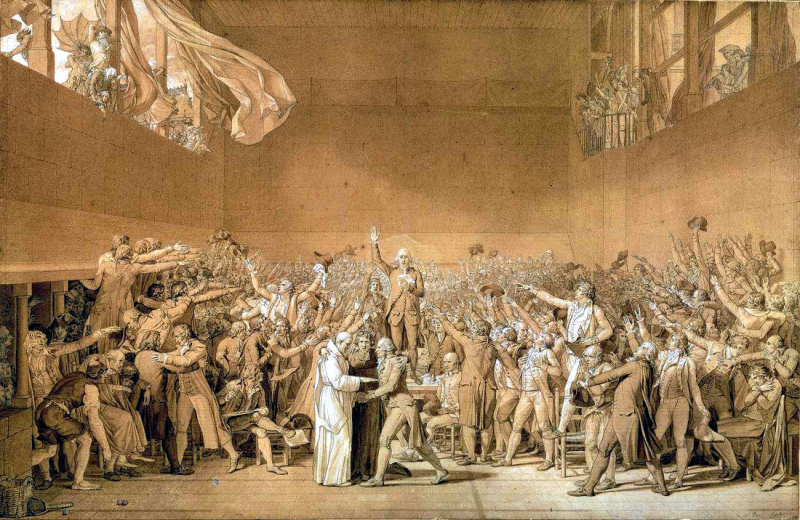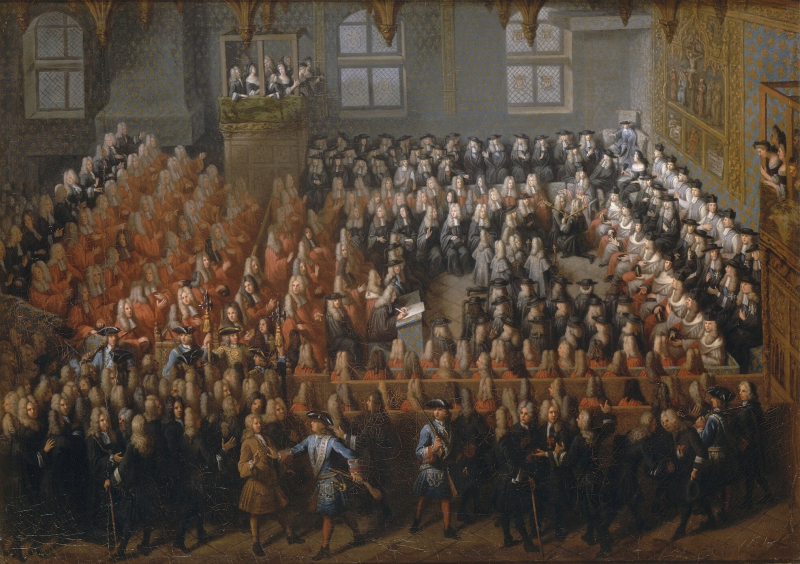Parlements' Successful Opposition to Reforms
The struggle with the parlements had escalated to the point where Louis XV was eventually prodded into a burst of absolutist zeal in 1770. On January 19, 1771, the Paris Parlements, which had ventured to criticize Terray's financial reform, were abolished. Maupeou was subsequently given the authority to form a new set of parlements, with appointed judges who were devoid of administrative and political power.
Several French ministers, notably Anne Robert Jacques Turgot and Jacques Necker, sought tax reforms that would include nobility as taxpayers. This may have helped to alleviate the country's financial difficulties, as well as the poor's rage, as the tax system would have become more equitable.
In France, a parlement was a provincial appeal court. They weren't legislative bodies; instead, they were made up of appellate judges. The parlements were at the forefront of the nobility's opposition to royal reforms, preventing any tax reform that might benefit the nobility.












